Home Movie
In which THE FABELMANS comes to disc, and Norm takes a second look.
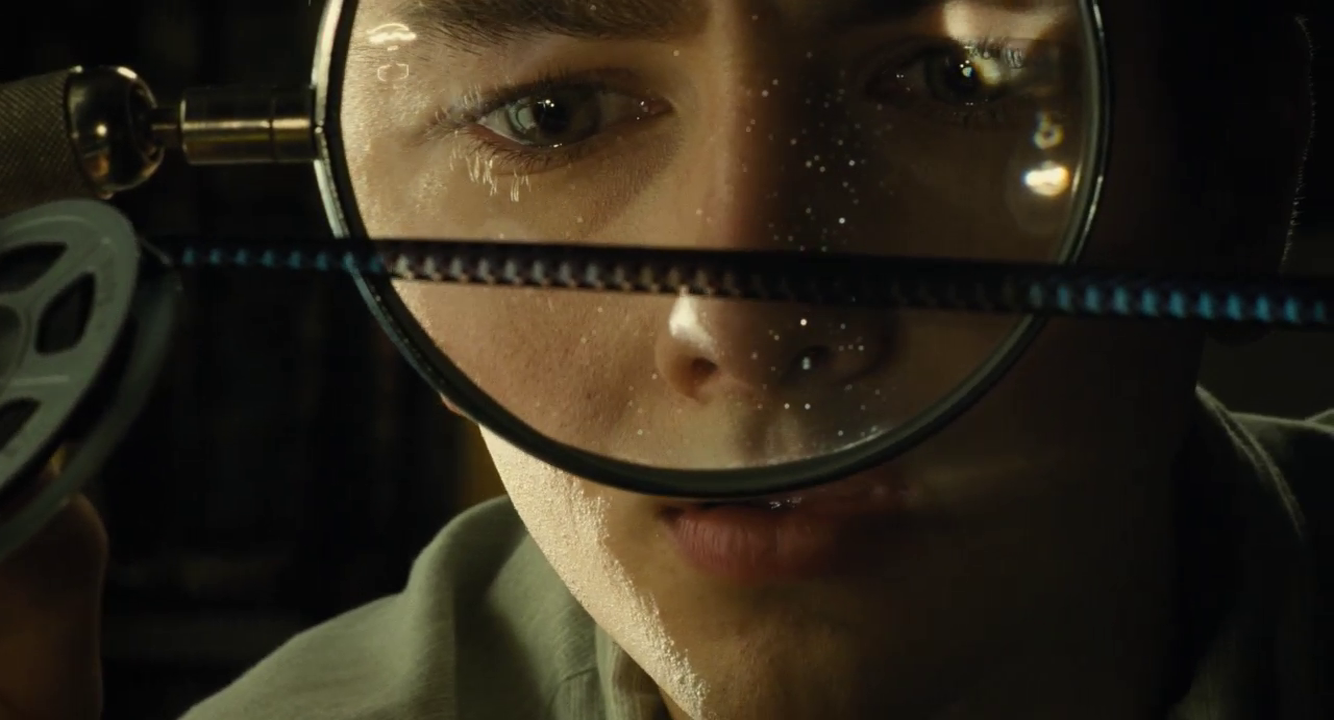
I reviewed The Fabelmans right here in this very newsletter when it opened theatrically last fall, but now that it’s on disc, and nominated for a bunch of Oscars, let’s open it up again.
Steven Spielberg’s cine-memoir – starring Paul Dano and Michelle Williams as versions of his parents, Seth Rogen as a version of his father’s best friend and mother’s eventual lover, and Gabriel LaBelle as the filmmaker’s teenage avatar – is so much more than its plot summary. It’s a movie about a bullied kid whose response to the dissolution of his parents’ marriage was to lose himself in amateur filmmaking, which gave him the sense of control he lacked in his daily life; it’s also a movie about how choosing a life in the arts can bring you great joy but also alienate you from your friends and family, since on some level you’ll always be putting your work ahead of them.
The parallel running underneath the narrative is young Sammy’s inability to understand his mother’s chronic depression – which, the older Spielberg believes, is the result of her abandoning her artistic pursuits. Sammy will make a different choice, and it will save him … but the film is all about the time when he needed saving, and couldn’t quite find it.
It’s not nearly as sentimental as one might expect from a late-period Spielberg film, but after this and West Side Story I think we have to reconsider what “late-period Spielberg” means; these two films are as alive and aware as anything he’s ever done, and I hope whatever comes next feels just as essential.
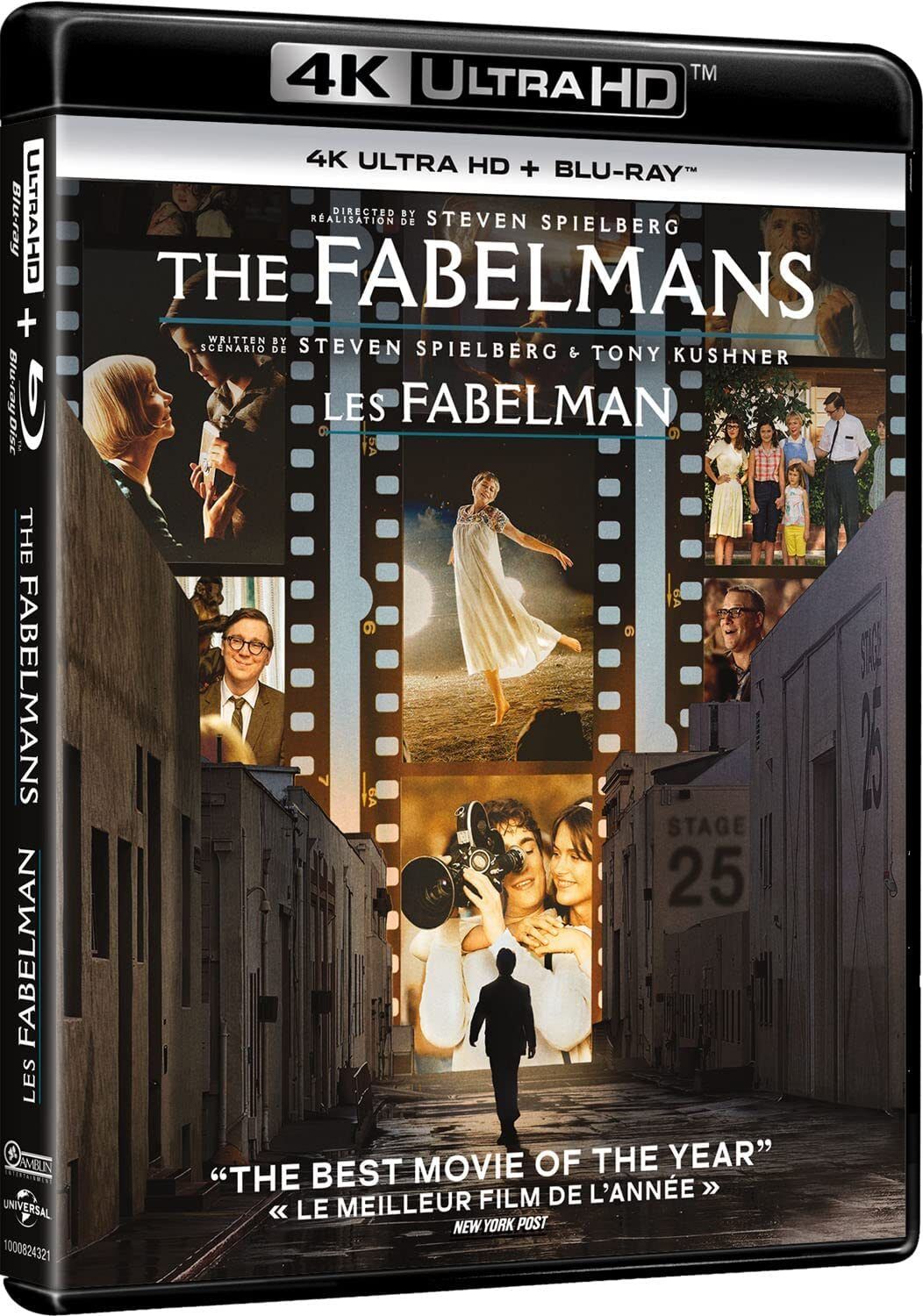
Revisiting The Fabelmans on disc was a joy, and not just because Universal’s 4K edition offers a pixel-perfect replication of the theatrical experience, the trademark soft light of Janus Kaminski’s images balanced by an attentive palette of period colors and styles. More than any film since Lincoln, this is a picture about people sitting and talking, and their environments are realized down to the studs. The accompanying Blu-ray looks pretty good as well, but the additional detail of UHD really lets you appreciate fine details, like the worn lens ring on Sammy’s Bolex or the chrome trim on the family car.
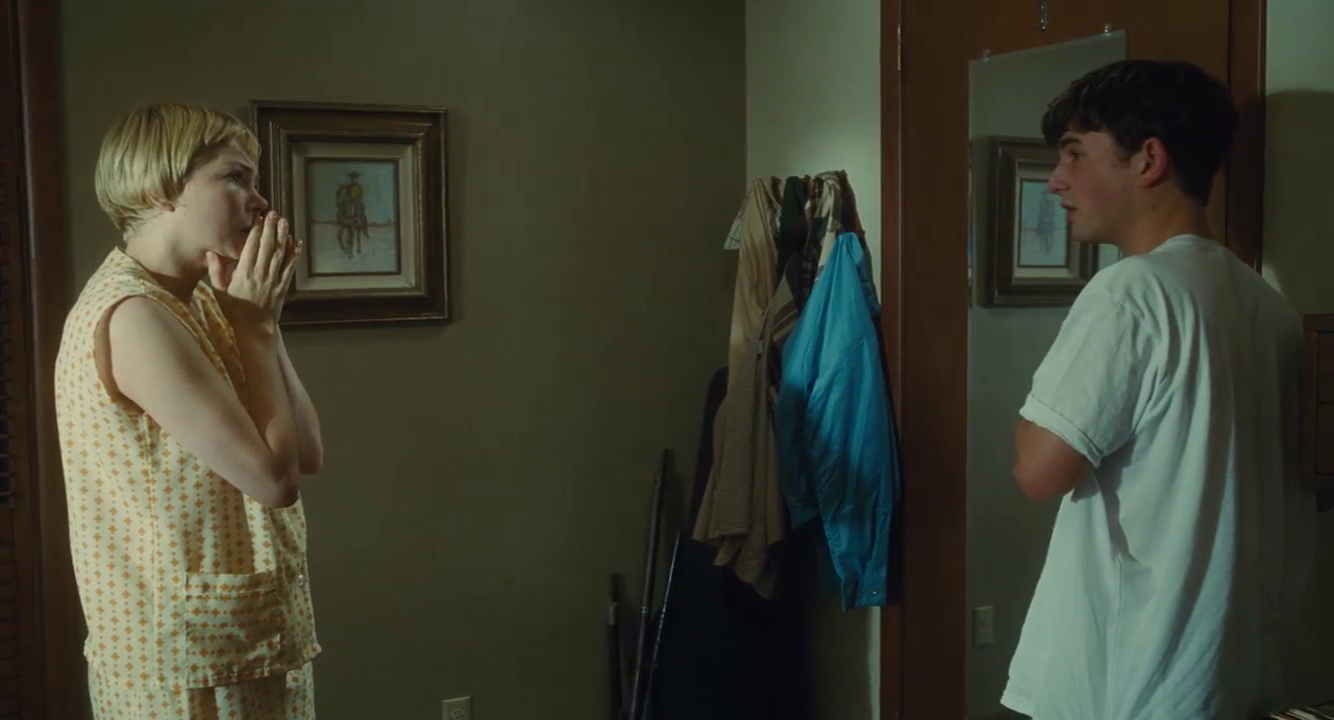
I was surprised at the lack of Dolby Atmos audio, but then this isn’t a movie that needs it; that one tornado sequence aside, it’s not an especially bombastic picture, and the 7.1 soundstage of Dolby TrueHD is perfectly suited to intimate conversations and the occasional car engine. (I was honestly more surprised to see the Canadian editions don’t offer digital codes, though the US releases do.)
As for extras … well, it’s never been more of a pity that Spielberg doesn’t do audio commentaries, because more than Jaws or Raiders or Schindler’s List, The Fabelmans is the film I’d most want to hear him discuss at length. But he’s very well represented in the three featurettes, running about 45 minutes in total, that make up the supplemental section.
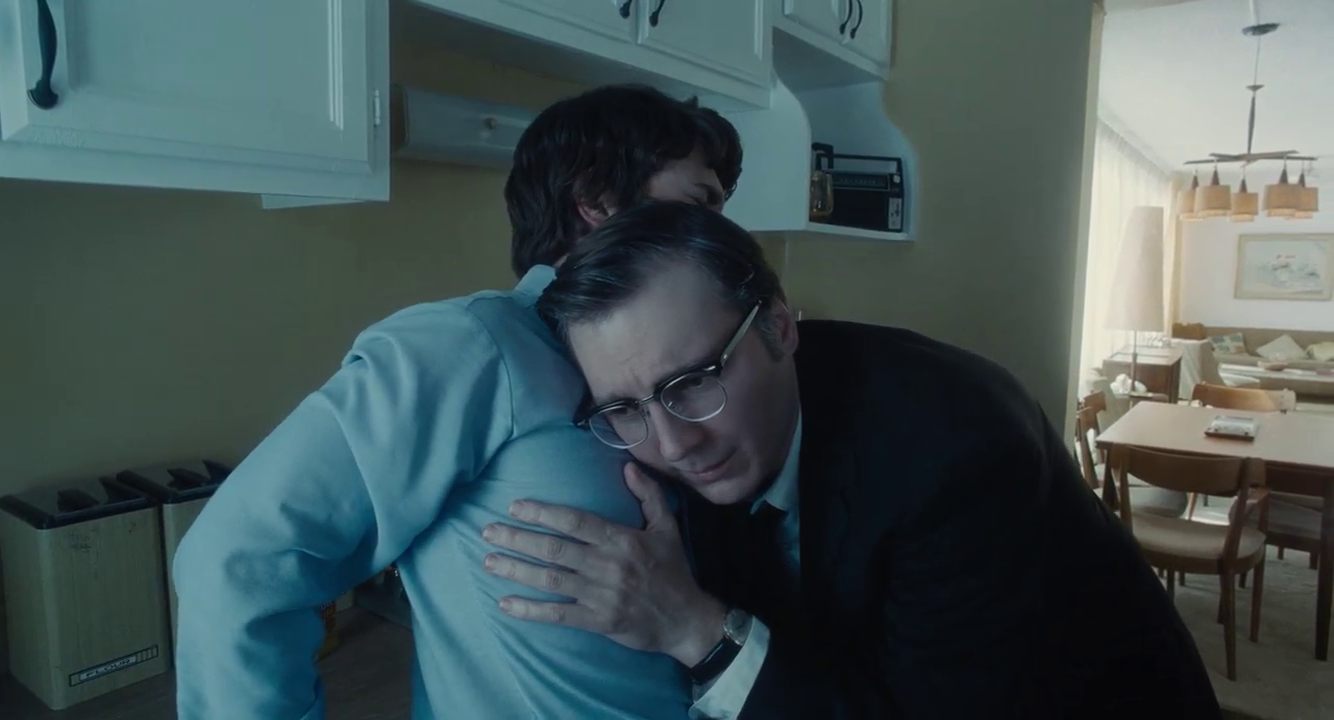
A Personal Journey lets Spielberg, co-writer Tony Kushner and producer Kristie Macosko Krieger map out the precise connections between inspiration and script, with Kushner revealing that he was the one who came up with the fictional family’s surname – a bit of wordplay that has eluded quite a few people, in my experience – and Spielberg offering a few stories about his parents’ relationship that will be expanded upon in the subsequent featurettes. Family Dynamics focuses on the casting, with more images of Arnold and Leah Spielberg – for whom Williams is a dead ringer, by the way – and interviews with the core cast.
We see even more of everyone in Crafting the World of The Fabelmans, which takes us through production and post-production while noting that Spielberg’s been working with his core production team – cinematographer Kaminski, production designer Rick Carter, editor Michael Kahn and of course composer John Williams – for decades, but they’ve never seen him make a project this personal. These featurettes are produced by another long-timer: Laurent Bouzereau has been Spielberg’s go-to for such things since 1995, when he produced an epic 20th anniversary Jaws doc for Universal’s deluxe LaserDisc boxed set. Maybe that’s why they feel so oddly tender.
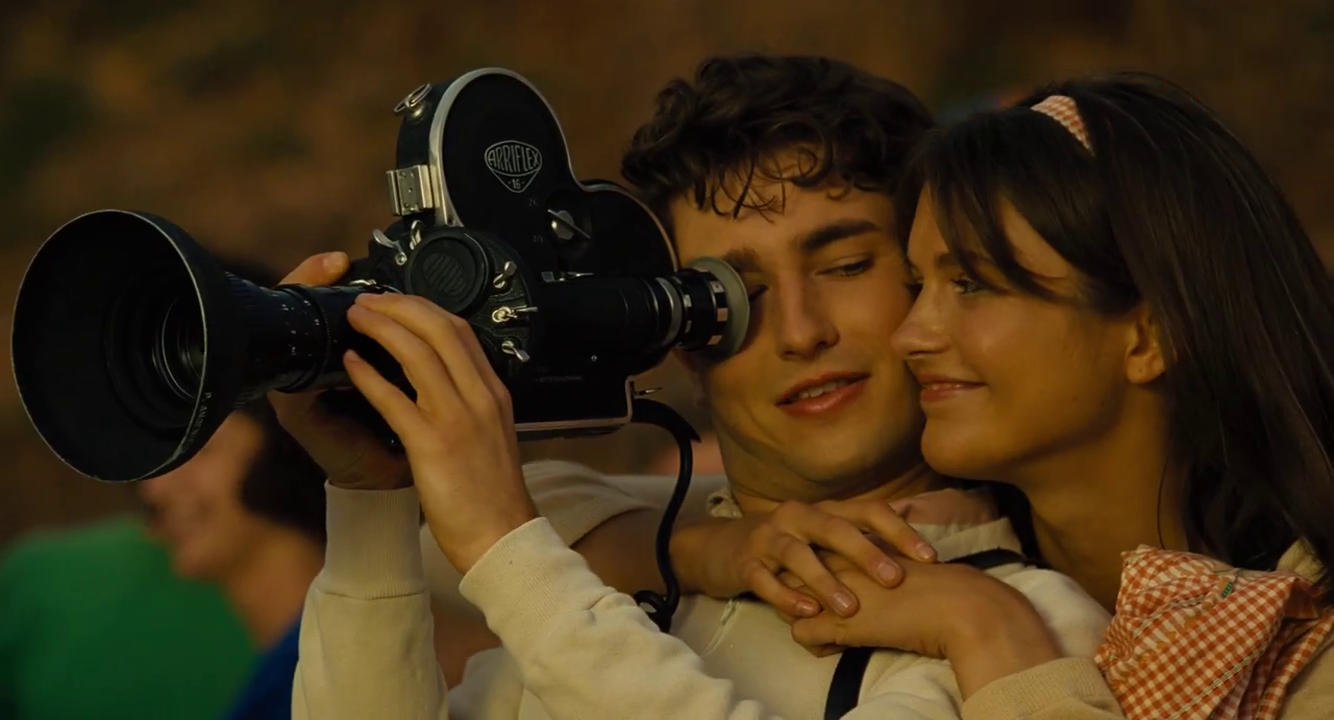
Or maybe it’s because The Fabelmans really is something special, and everyone involved wanted to be sure it would be understood; Dano and Williams and Rogen are all over the moon at being able to work on something so personal with a filmmaker they all clearly worship, and LaBelle tells a great story about his first meeting Spielberg – over Zoom, of course – and having to push past his own amazement to start studying him for aspects of the character he’d be playing. (Spielberg subsequently explains he recognized a kindred control-freakery in LaBelle that convinced him he’d made the right choice.)
There’s also something of the valedictory to these extras, which open with Spielberg wrapping production on the shoot, surrounded by his cast and crew, and close with Williams playing a Fabelmans theme on solo piano in what feels distressingly like a farewell performance. I hope we see more art from these people, because I love them and I’m greedy, but I also wouldn’t hold it against them if they just took some time for themselves. They’ve certainly earned it.
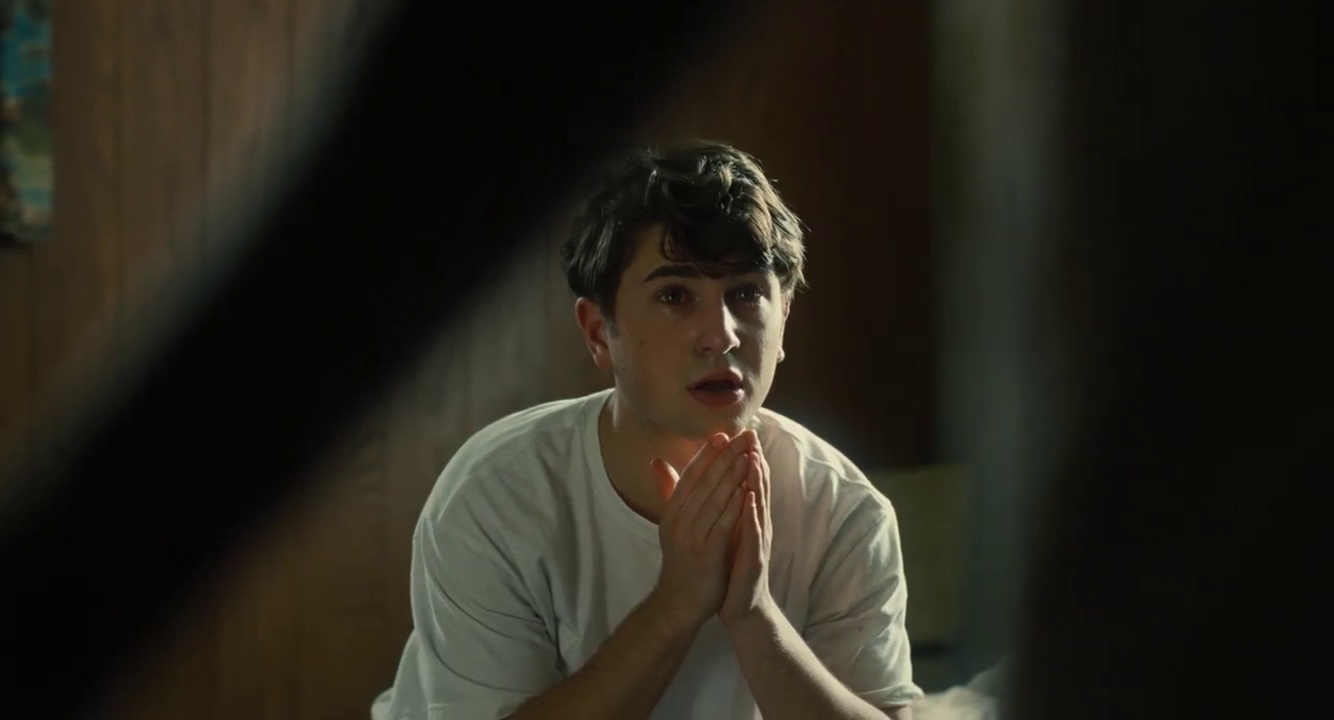
Still reading? Well, I have a Blu-ray combo edition of The Fabelmans to give away, courtesy of Universal Pictures Home Entertainment; just e-mail normwilner@gmail.com by 3 pm ET on Saturday February 18th with "Fabelmans" in the subject line, and maybe tell me your favorite Spielberg movie just to make it interesting. (The contest is only open to US and Canadian residents. Sorry about that.)
One winner will be chosen at random, and I promise your choice of movie won't carry any weight. Unless it's Ready Player One, because what the hell are you thinking.
In Sunday’s paid edition: Those 4K Laika discs just got pushed to the end of the month, so … um … well, I’m sure I’ll think of something. Stay tuned!
